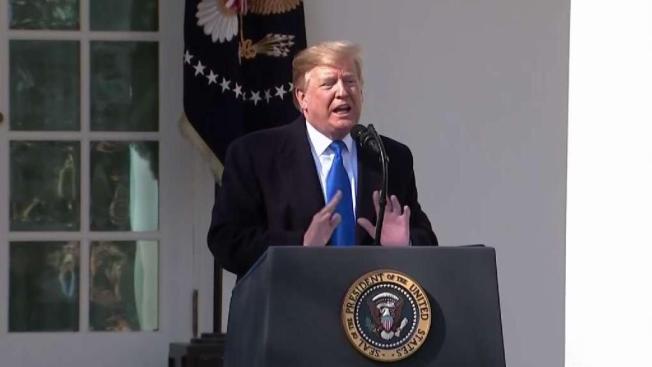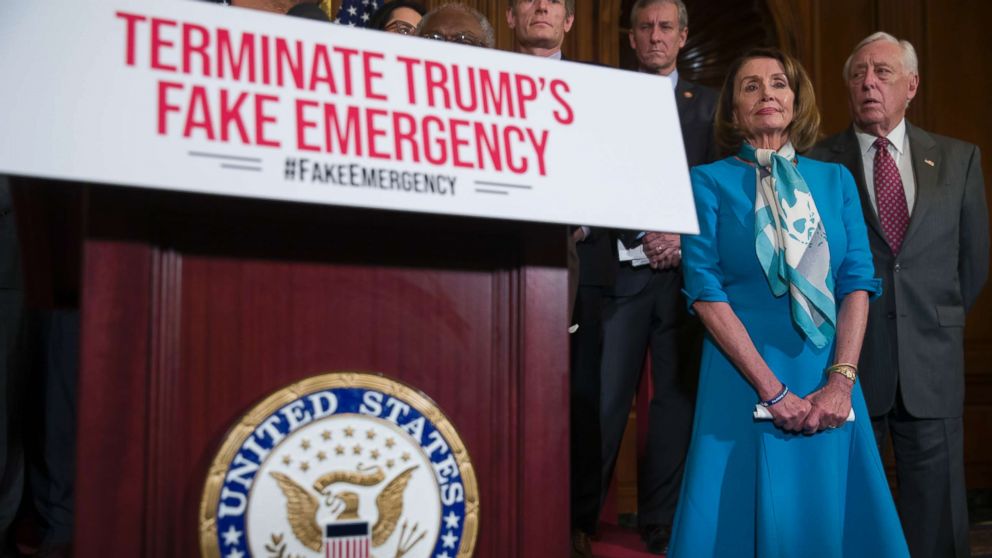Hello Everyone:
It is a rather grey afternoon and time for Blogger Candidate Forum. Did you watch former Trump attorney Michael Cohen's testimony before the House of Representatives Oversight Committee? Scintillating stuff especially the fiery exchange between Mr. Cohen and North Carolina Republican Representative Jim Jordan, doing his best Senator Lindsey Graham imitation. Blogger believes that Mr. Cohen was being truthful about his version of his relationship with Mr. Donald Trump. He really has nothing to lose because he will be reporting to federal prison in two months and when he gets out, he cannot practice law because he was disbarred. One member of the chattering class tweeted that the president was so apoplectic over Mr. Cohen's testimony that he was ready to cancel his summit, in Hanoi, Viet Nam, with North Korea's leader Kim Jung Un and fly back to the United States. All Blogger can say is wow, just plain wow. There is more to come and, no doubt, we will talk about it. In the meantime, we have a national emergency on our hands or so we are told.
 |
| The president announcing a national emergency nbconnecticut.com |
Crisis averted. On February 15, the president signed into a bill to fund government through September (vox.com; Feb. 15, 2019; date accessed Feb. 27, 2019) and declared a national emergency at the US-Mexico border. In a Rose Garden speech, the president announced,
We're going to be signing today and registering national emergency, and it's a great thing to do (Ibid).
The president simultaneously signed the funding bill and declared a national emergency because the funding bill contains less money than he demanded--$1.375 billion instead of $5.7 billion-- for "existing technologies" (Ibid; Feb. 14, 2019) like current fencing along the 2,000 mile borders. The Senate's prior bill contained $1.6 billion. Never one to accept defeat, the president declared a national emergency as a way to divert funds from other programs to build that wall. Can he do that?
The short answer is yes, he can declare national emergency. The National Emergencies Act (Pub.L 94-412), enacted September 14, 1976 states,
Sec. 201 (a) With respect to Acts of Congress authorizing the 50 US (, 1621. exercise, during a period of a national emergency, of any special or extraordinary power, the President is authorized to declare such national emergency. Such proclamation shall immediately be transmitted to the Congress and published in the Federal Register...(govtrack.us; date accessed Feb. 27, 2019)
 |
| U.S.-Mexico border kpbs.org |
He has broad leeway to declare an emergency, whether one exists or not (vox.com; Feb. 15, 2019)
You all would be quiet shocked to learn what kinds of extraordinary powers the president has and how ripe they are for abuse. Blogger highly suggests you read Ms. Goitein's article in the January/February issue of The Atlantic (theatlantic.com). Here is the problem, now that the president has declared an emergency at the border, is it legal?
It is no secret that this president is extremely image conscious and will go any lengths to please his base so it should not be a shock that he is willing to invoke the National Emergencies Act to get what he wants. Apparently some people just do not understand the word "no." Alright, but is it legal?
The short answer is no, it is not legal and here is why.
When the president declared the border emergency, he did so with the belief that he could divert funds from the military budget to pay for it and order military personnel to build it. As commander-in-chief of the armed forces, the president can order soldiers to build that wall and if they disobeyed, they would be committing a federal crime (nytimes.com; Jan. 5, 2019; date accessed Feb. 27, 2019). Yale law professor Bruce Ackerman wrote in The New York Times that since America's founding, the framers of the Constitution have been profoundly opposed to the executive branch's use of the military to enforce domestic law (history.navy.mil; date accessed Feb. 27, 2019). The key provision for us is one based in an 1878 statute and added to the law in 1956 reads
Whoever, except in cases and under circumstances expressly authorized by the Constitution or Act of Congress, willfully uses any part of the Army or the Air Forces as a posse comitatus or otherwise to execute the laws shall be fined under this title or imprisoned not more than two year, or both... (law.cornell.edu; date accessed Feb. 27, 2019).
Another provision, based in an 1807 statute and added to the law in 1981 say,
This means that in the case of a massive emergency, like Hurricane Katrina in 2005, Congress can create an express exception to the rule and authorize military personnel to play a supporting role in major public emergencies (nytimes.com; Jan. 5, 2019)
The legal codes governing presidential powers during a national emergencies outline a very specific set of circumstances in which the military can be authorized to play a supporting in "major public emergencies." For example, if there was any credible evidence that sleeper terrorist cell were crossing the border, under the cover of being undocumented immigrants, then it is possible that the military could be authorized to conduct operations. A caravan of mostly family groups walking from Honduras to Texas does not exactly qualify as terrorists.
 |
| The hashtag speaks for itself abcnews.go.com |
In the middle of all this are the military men and women who would be immediately obliged to decide whether or not obey an order from the commander in chief or risk punishment. Bruce Ackerman writes, "For the president to put these men and women in such a position, simply out of petulance over congressional opposition, would be especially unconscionable" (Ibid). Be that as it may, should this president be so determined to press ahead, he would be well advised to ask the Office of Legal Counsel to "issue an opinion explaining to service members why they would not be 'willfully' acting illegally if they heeded the president's command" (Ibid). Not going to happen.
What is likely to happen is the president will be challenged in federal by at least sixteen states (including California) over the constitutionality of his declaration, potentially dragging on until next year. In the meantime, construction equipment sit idly at the border. All this chaos over the fact that grown man cannot understand the word "no" is ridiculous.
No comments:
Post a Comment